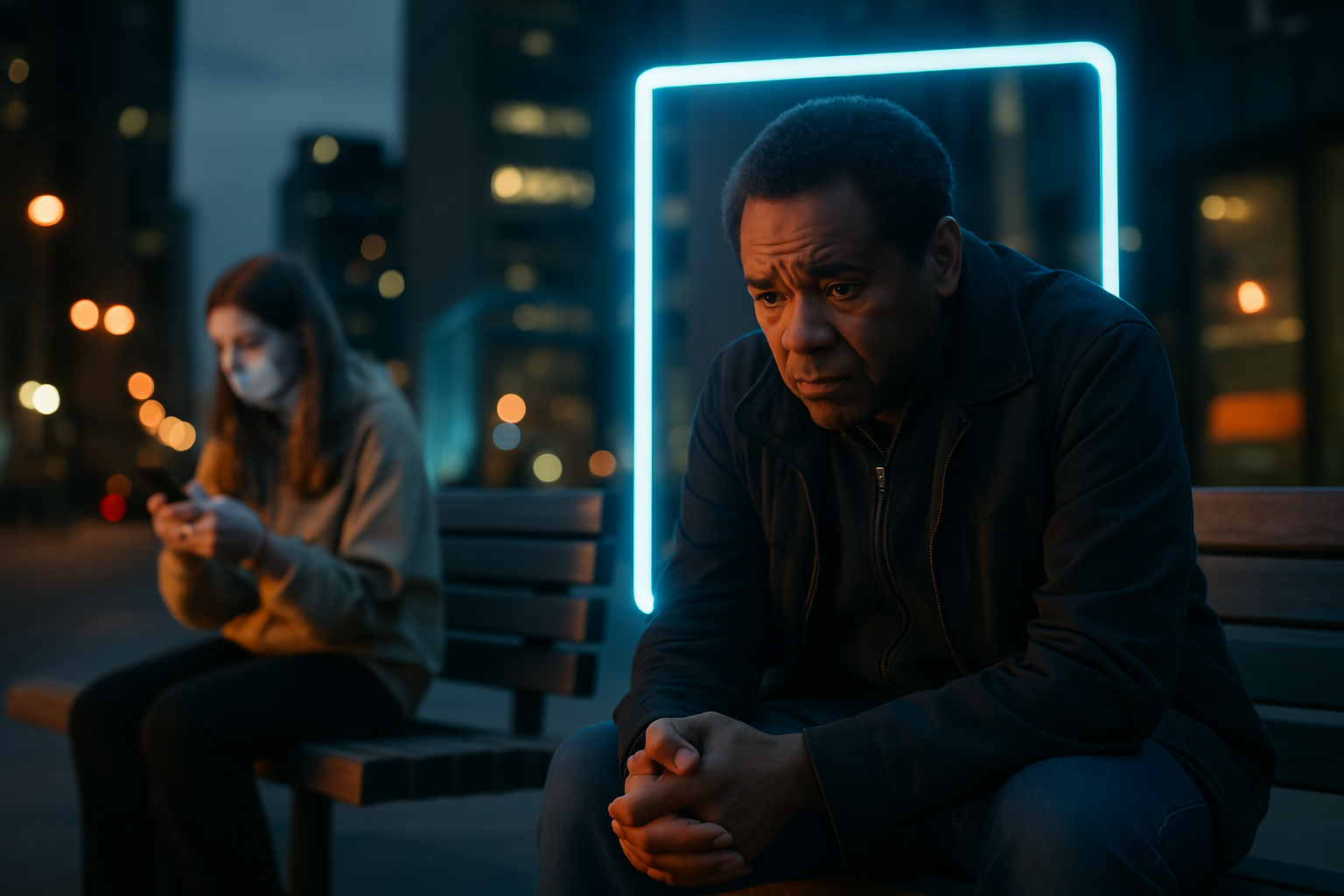Loneliness isn’t just feeling left out — it’s a real global health crisis. It’s been linked to depression, heart disease, and even early death. And it’s everywhere. Over a billion people around the world are now considered socially isolated, with many countries treating it as seriously as smoking or obesity.
From Japan to Sweden, governments are stepping up with creative solutions. Ministers of Loneliness, shared housing for seniors and students, grocery store chat lines, even “art prescriptions” from doctors. The goal? Get people to reconnect, not just online, but in real life — where it actually matters.
Still, experts say there’s no one-size-fits-all fix. Everyone experiences loneliness differently. Whether it’s a teen glued to their phone or a retired person missing social life, what works is making space for real connection — and doing it with empathy, not judgment.
Szilágyi Mónika




